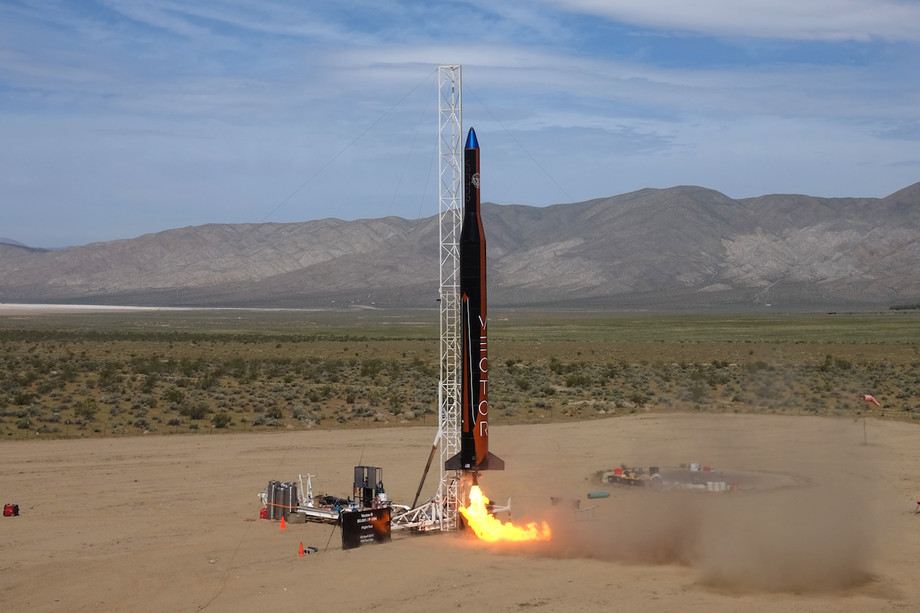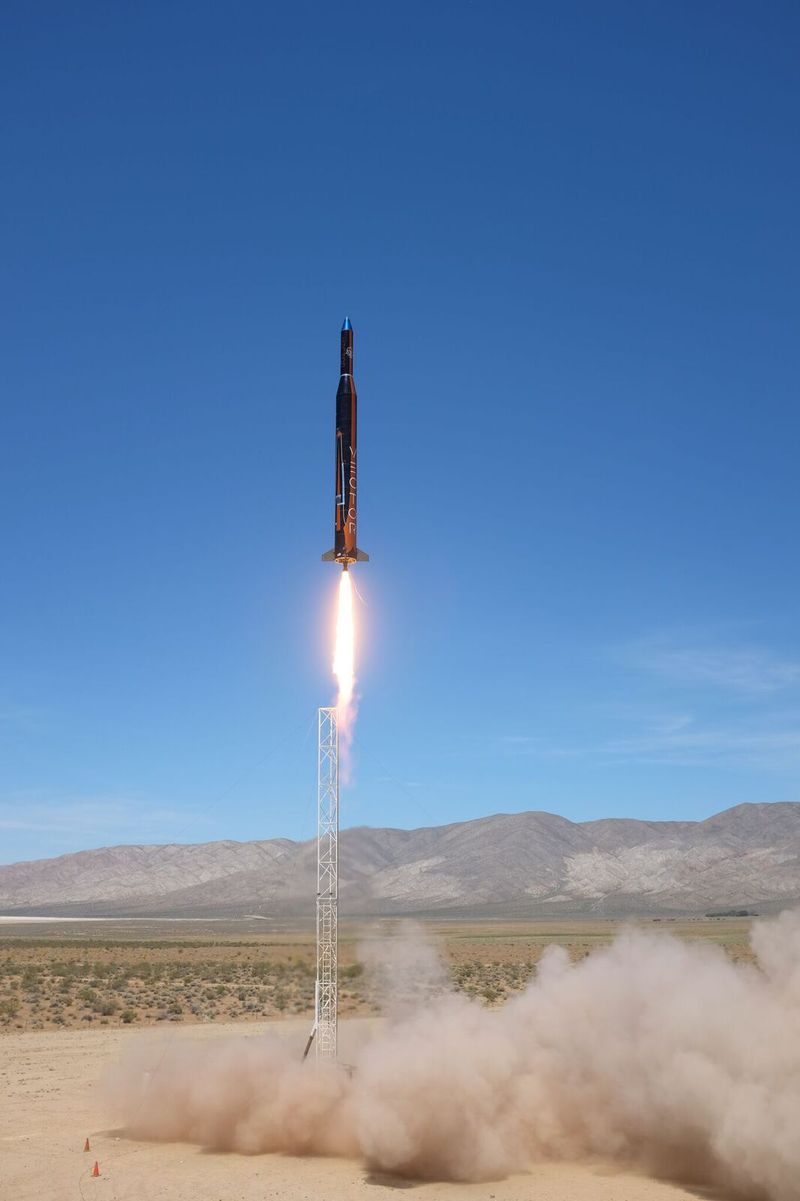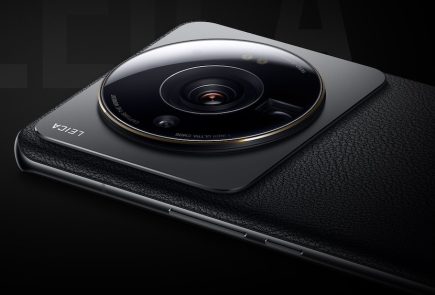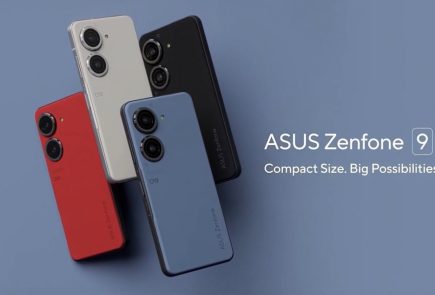Vector’s Micro Rocket Took Off Successfully For The Second Time

Vector Space Systems, a private spaceflight startup, was founded in 2016 by Jim Cantrell. (Interestingly, Jim is also one of the founding members of Elon Musk’s venture -SpaceX.)
Vector Space Systems (VSS) is a micro satellite company based out of Tuscan, Arizona, and in contrast to SpaceX’s huge probes, it focuses on small satellites, weighing a few dozen pounds. The company had received over $1 million to work on its first vehicle called the “Vector – R”, which took off for its first test flight on 3rd May 2017.
Following the successful flight test of the Vector – R, Jim Cantrell commented, “We always wanted to build micro-rockets” and “We were more attracted to the smaller stuff.”

The first sub-orbital launch of the Vector-R on 3rd May 2017
Instead of taking the conventional route of building and assembling multiple parts, the company switched to using 3D-printing technology to build everything in one piece for the Vector-R. Employing the 3D-printing technology helped minimize costs and made the assembling of the parts easier.
After Vector-R’s first successful flight test, the company successfully pulled off the second test flight launch of the 40-foot-tall vehicle from a spaceport in Georgia. It was the second flight of the Vector-R, a full-scale prototype of the company’s micro rockets.
Designed to launch small payloads weighing up to 145 pounds into lower Earth orbit, Vector-R is one of two rockets the company hopes to start launching on a regular basis. The other vehicle, Vector-H, is still under development and is expected to be slightly larger than Vector-R. Once ready, Vector-H will be able carry payloads weighing over 350 pounds into orbit.
VSS plans to launch both the rockets “hundreds of times a year” once the initial testing phase concludes successfully. This would help in getting small probes into space a lot faster than the typical bulky vehicles.
Jim Cantrell, CEO and co-founder of Vector, said, “We’re not going to be the guys developing new rockets,” and “We hope to get these two vehicles running and milk the hell out of them… We’re going to be building the same thing over and over — like the McDonald’s of rocket business.”
On the financial front, Vector recently raised $21 million, which amounts to more than $30 million in overall funding. The company has also managed to strike a chord with a few major players in the aerospace industry. Today’s launch was fully funded by Vector’s customers and carried test payloads from NASA’s Ames Research Center, the Center for Applied Space Technology, and Astro Digital (it specializes in small imaging satellites).
Today’s test launch was the first rocket flight ever out of Camden Spaceport, located near the coast of Georgia. Though the vehicle didn’t reach Earth’s orbit, these test flights will help mark the beginning of launching tiny satellites to into space.






















